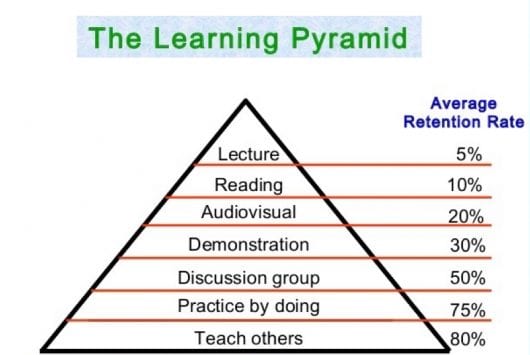Does teaching help health-care professionals be better practitioners? Subjectively, most would agree this is true. But until now, few studies have provided a research basis for this assertion.
Research recently published in Medical Teacher set out to test this proposition using multi-source feedback (MSF) from large groups of diverse healthcare professionals. MSF data for 1831 family physicians, 1510 medical specialists, and 542 surgeons was obtained from physicians’ medical colleagues, co-workers (example: nurses, pharmacists), and patients, and evaluated in relation to information about these physician’s teaching activities – including proportion of time spent teaching during patient care and academic appointments.
Multiple statistical measures were used, leading to the observation that higher clinical performance scores were associated with holding any academic appointment, and generally with any time teaching versus no teaching during patient care. This was most evident for data from medical colleagues, where these differences existed across all specialty groups.
The study’s authors concluded that greater teaching was associated with higher clinical performance. “These results,” they wrote, “may support promoting teaching as a method to enhance and maintain high-quality clinical performance.’
These finding also resonate with the well-known ‘Learning Pyramid’ model, which shows that teaching any subject results in an 80% retention rate of the subjects itself – higher than any other common learning activity.
What’s the take away? See one, do one, teach one really does work!

